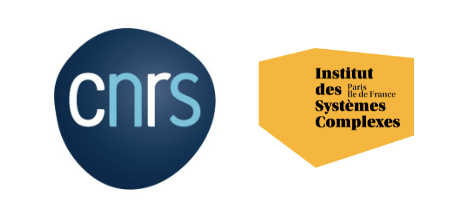Twitter has become a new media as well as a must for any group that seeks to influence public opinion in one way or another, including for some, by publishing “fake news”.
Social networks thus increase the mass of data we are immersed in every day, which tends to distract us from a thorough, long-term analysis of current events.
Campaign teams are now using the media services and social network research companies to produce analysis and trends regarding citizens’ aspirations.
These analyses are limited to a small number of users; the methodologies are mostly confidential.
The aim of Politoscope is to reverse the roles by allowing the “general public” to dive into the data generated on social networks in the run-up to presidential elections thanks to analytical tools and methods produced by research.
The ambition of this project is, on the one hand, to better contextualise politicians’ speeches over a long period of time and, on the other hand, to identify collective actions aimed at shifting the public debate over short periods of time.



